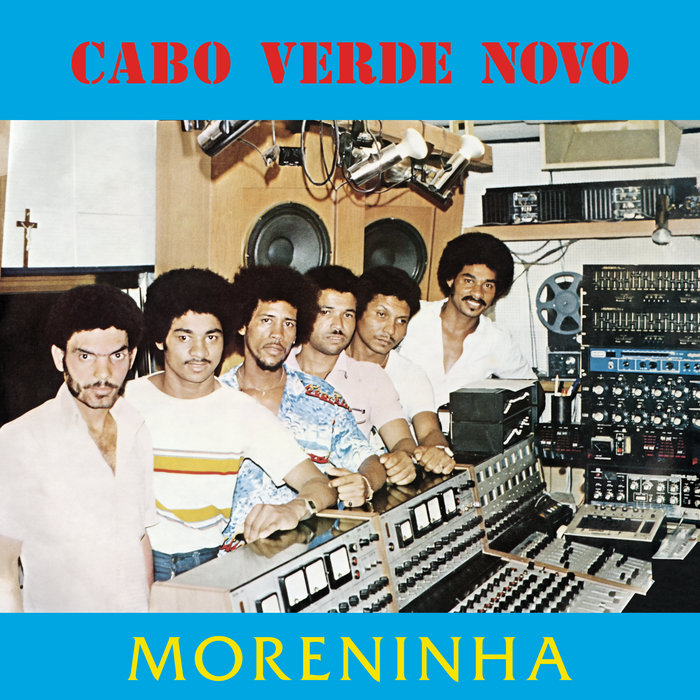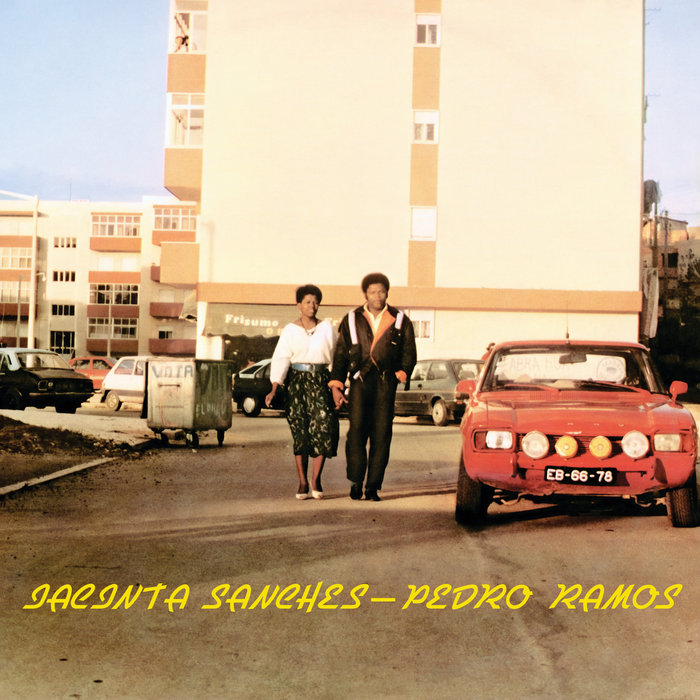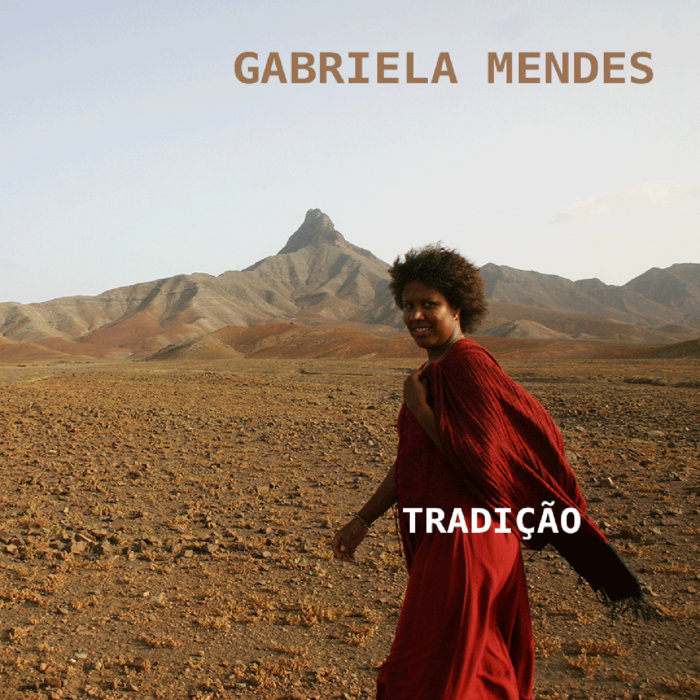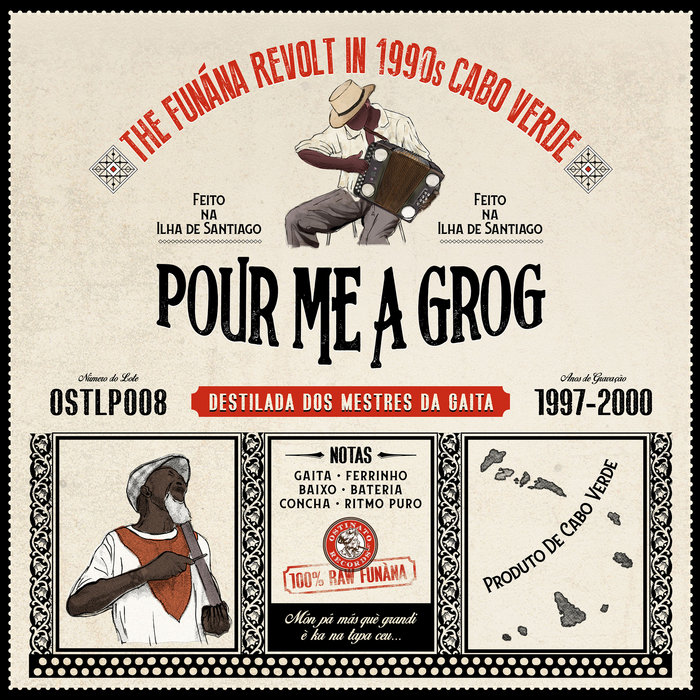
Black People – Cabo Verde Novo
this blog is GROOVY – check out great Soul, Funk, Jazz, Hip Hop, Bass, Breaks , Reggae, House n many more TUNES
Ah, Cabo Verde! This beautiful archipelago off the northwest coast of Africa isn’t just known for its stunning beaches and rich culture but also for its irresistible music. Join me on a rhythmic journey through the history of Cabo Verdean music, where we’ll groove into the sounds that have shaped this island paradise and sprinkle in some fun facts about its musical icons!
Cabo Verde’s music is like a sweet blend of cultures all jammed into one infectious sound! With influences from African rhythms, Portuguese melodies, Brazilian beats, and even some Caribbean spice, it’s no wonder that this genre captivates hearts worldwide.
Morna is perhaps the most recognized genre that emerged from these islands. Think of it as the soulful ballad style—a bit like fado but with an island twist. It often speaks about love, loss, and life at sea. Imagine sipping on coconut water while listening to tales woven into melancholic harmonies!
The genius behind many Morna classics was Cesária Évora, lovingly called “The Barefoot Diva.” She rocked stages barefoot because she wanted to feel connected to her roots—just her against the world (and maybe a few dancing tourists). Her voice could melt glaciers; it’s that powerful! Fun fact: Cesária had an aversion to wearing shoes not just for connecting with the earth but because she believed they messed with her vibe—now that’s dedication!
Now let’s flip over to Coladeira, a lively counterpart to Morna that’s perfect for dancing under starry skies. If you ever find yourself at a party in Cape Verde—a little group dance-off might break out anytime! Coladeira themes range from cheeky love tales to playful banter between friends.
One fun nugget about Coladeira? Musicians sometimes slip in secret messages or jokes within their lyrics. So when you’re swaying your hips along with those catchy tunes, keep your ears peeled—you might catch some clever puns layered beneath those groovy beats!
When talking about Cabo Verdean music, how can we overlook those funky instruments? You’ve got guitars strumming alongside traditional ones like the cavaquinho, which looks like a mini guitar but packs quite a punch melodically! And oh—the batuque! This isn’t just any drum; it’s made from clay pots and animal skins—talk about environmental consciousness!
But here comes something quirky: Many musicians have been known to use everyday items as instruments too! From bottles filled with sand providing percussive shuffles to kitchen utensils joining spontaneous jam sessions—it proves creativity runs wild on these colorful islands.
Throughout history, legendary figures have put Cabo Verde firmly on the global map—and entertainingly so:
B.Leza, who was born José Carlos Schwarz Gomes de Oliveira Franco da Silva Mendes Tavares Mota e Alvim (phew, right?). He decided his stage name needed something shorter… so he chose B.Leza—not only did he rock his unique fusion style combining traditional rhythms with jazz elements; he also knew how important branding was!
Ever heard about Tó Semedo? As fondly remembered as “the man who never played without his hat!” Seriously though—he reportedly wore different hats depending on his mood during performances (we’re still waiting for THAT fashion trend!). His lively shows had audiences cracking up while enjoying dreamy tunes.
Cabo Verdean music has gone global folks! Artists are remixing traditional sounds today blending them seamlessly into pop hits or reggae tracks—all while keeping that vital heart rhythm alive. Collaborations abound—as seen when teams up alongside international stars spreading their unique flavor far beyond island borders.
And let us give props where props are due: there are modern-day artists doing incredible things by bringing back classic sounds intertwined with innovation—including bands wholly focused on reviving traditional styles infused with fresh vibes aimed at younger generations—not too shabby if I say so myself!
So here we are—a thrilling ride through time touching down at various milestones defining what makes Cabo Verde’s music more than just notes played together; it’s culture brought alive through stories untold combined creativity unparalleled grooves echoing across oceans inviting everyone aboard this party bus called life!
Next time you hear Morna whisper sweet nothings or sway away enthusiastically toward catchy Coladeiras remember—the beauty lies not only within melodies sung but also laughter shared quirky habits creating unforgettable moments bridging cultures around harmony enveloped amid joy—that my friend is what truly defines Cabo Verdean spirit forever celebrating every note along our way.
Stay groovy till next time—from sunny shores straight across waves toward adventures yet unfurled! 🌊🎶

Black People – Cabo Verde Novo

Minino Qui Naci Onti – Pedro Ramos, Jacinta Sanches

Ness bô jardim – GABRIELA MENDES

Pour Me A Grog: The Funaná Revolt in 1990s Cabo Verde – Various Artists